Guest Blog by: John Dernbach, Widener University Commonwealth Law School
As the global movement for social and environmental justice gains momentum, we are in need of grounded and implementable solutions. The latest book from Environmental Law Institute Press – Governing for Sustainability – provides just that. The book recommends steps to advance each of the 17 Sustainable Development Goals (SDGs), global goals unanimously approved by United Nations Member States in 2015.
While the United States has a substantial body of environmental and social protection laws, we are far from being a sustainable society. In this book, 22 experts recommend steps the United States should take now and achieve by 2030 to advance the SDGs. There is a separate chapter for every SDG.
Edited by Professor Scott Schang of Wake Forest Law School and me, the book provides nearly 500 recommendations for federal, state, tribal, territorial, and local governments, as well as the private sector and civil society. The various contributions that personal behavior can make toward both public and private governance are included as well. This is the first book to provide detailed law and policy recommendations for the U.S. based on the SDGs
Two themes animate this book. First, the SDGs provide a practical framework for the United States to achieve, in the words of economist Kate Raworth, greater prosperity for all “in a flourishing web of life.” They do that by taking the broad sustainable development agenda and translating it into specific action steps to be accomplished by a particular date (2030).
Second, the recommendations made by the contributing authors provide an achievable governance agenda for the United States to accelerate the transition to sustainability. The contributing authors identify SDG targets and indicators most relevant to the U.S., and collectively create a U.S.-focused agenda for achieving them. They also make clear that sustainable development requires both environmental justice and social justice.
A novel and important feature of the book is its index of recommendations organized by actor. This index collects all of the recommendations in the book in a single place. The recommendations directed to each particular type of actor (e.g., local governments) are indexed under a heading for that actor. Our purpose is to make it easier for advocates and policymakers to easily find all of the recommendations relevant to any particular type of actor, regardless of the chapter in which the recommendations are made. This index should help make the book a more effective guide to action.
While the SDGs are not well known to the American public, they are better known among corporations, many state and local governments, and many nongovernmental organizations. The Sustainable Development Solutions Network has published a number of reports on U.S. and state efforts with the SDGs, and has made other efforts to promote them across the United States. We hope this book contributes to greater public awareness of the SDGs and their value.
Above all, this book is intended as a resource and roadmap to educate and empower students, activists, educators, citizens, and public and private decision makers with the tools to advance sustainability today to help achieve a more sustainable tomorrow. Everyone can play a unique role—based on where you are, what your job is, what knowledge and skills you possess, what you like to do, and the roles you play in your family and community.
For more information, including the table of contents and the many prepublication endorsements the book has received, click here.

